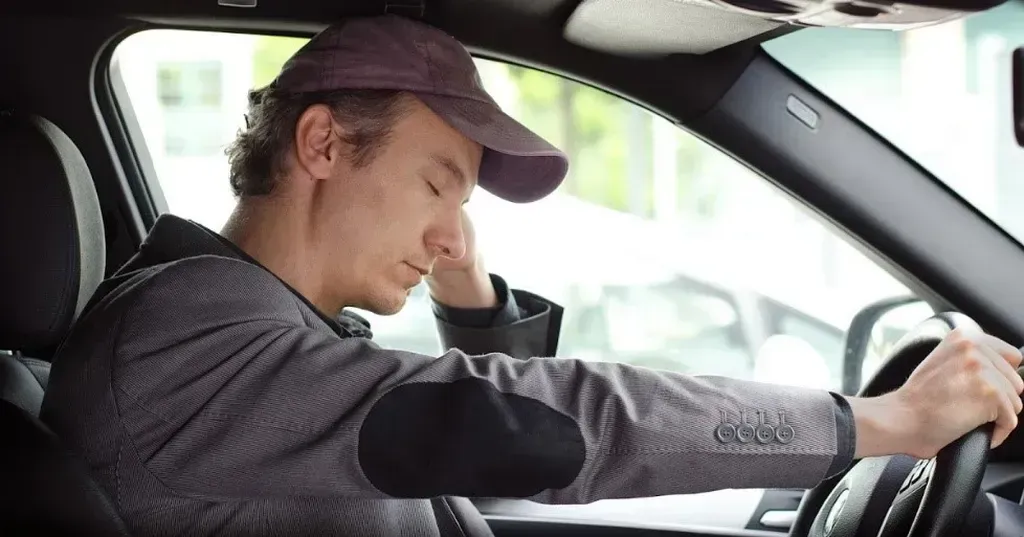Drowsy Driving is Like Drunk Driving

Driving while drowsy is a serious public health issue, causing an average of 328,000 motor vehicle accidents resulting in 6,400 fatalities, according to the AAA Foundation for Traffic Safety.
Fatigued driving can have the same consequences as driving while under the influence of drugs and alcohol: drowsiness is similar to alcohol in how it compromises driving ability by reducing alertness and attentiveness, delaying reaction times, and hindering decision-making skills. Unfortunately, drowsy driving can be difficult for to identify; some drivers aren’t aware that they have fallen asleep at the wheel even after being asleep for a few minutes. Drowsiness can impair the ability to drive safely, even if the driver does not fall asleep. Drowsy driving usually occurs at
A new survey from the American Academy of Sleep Medicine found that 45% of adults have struggled to stay awake while driving. Some of the warning signs that you need be aware of include:
- Frequent yawning or inability to keep your eyes open
- Catching yourself “nodding off” or having trouble keeping your head up
- Inability to remember driving the last few miles
- Missing road signs or driving past your turn
- Following too close to cars in front of you
- Drifting into the other lane of traffic
- Driving onto the “rumble strip” or the shoulder of the road
But what if you find out that your drowsy driving is caused by Sleep Apnea, a disorder in which breathing repeatedly stops and starts, often hundreds of times, while you are sleeping? If you wake up feeling exhausted even after a full night's sleep, you might have sleep apnea. The main types of sleep apnea are: Obstructive sleep apnea, the more common form, occurs when throat muscles relax and your tongue causes full or partially blocking of your airway.
When you have sleep apnea you are constantly going in and out of the initial stages of sleep, never reaching the critical deep sleep stages where your body can fully rest.
If you don’t enter these deep sleep stages, you aren’t getting the rest you need to allow your body to fully repair itself. When you don’t get enough sleep, you will lack energy and feel fatigued, constantly trying to catch up on your sleep.
If you leave your sleep apnea untreated, dismissing it as annoying snoring, you could face more serious consequences besides feeling tired all the time, like putting yourself and other in danger of getting into an accident while you are driving. Untreated sleep apnea is also associated with other serious health conditions like heart disease, stroke, diabetes and others.
Don’t wait until drowsy driving ends in deadly consequences! Call one of our experienced Dental Sleep Medicine dentists today to learn how an oral appliance can help treat your sleep apnea and reduce daytime fatigue.

